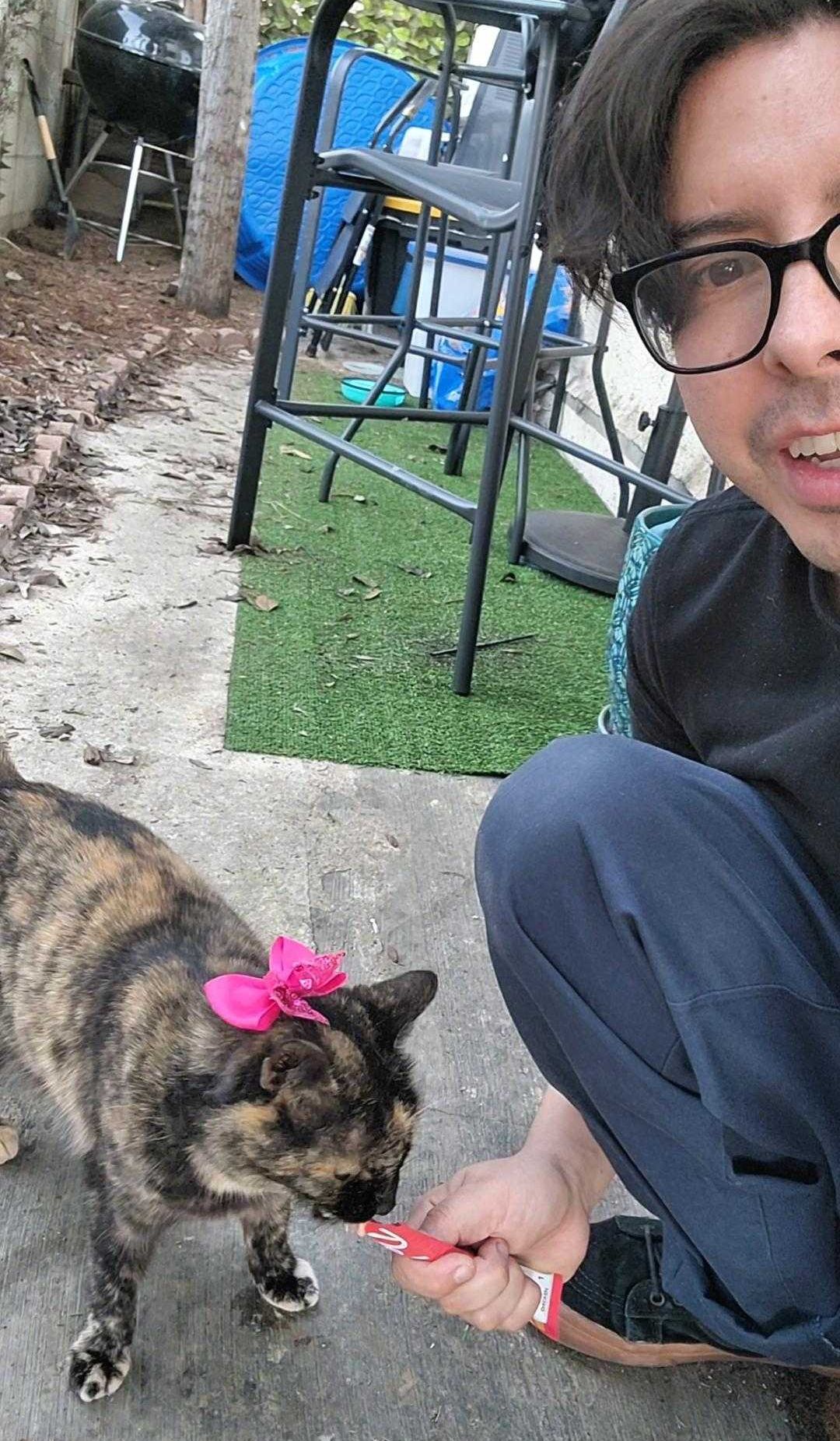
Bill Gates in conversation with The Times of India
Bill Gates sure is strict on how his children use the very technology he helped bring to the masses. In a recent interview with the Mirror, the tech mogul said his children were not allowed to own their own cellphone until the age of 14. "We often set a time after which there is no screen time, and in their case that helps them get to sleep at a reasonable hour," he said. Gates added that the children are not allowed to have cellphones at the table, but are allowed to use them for homework or studying.
The Gates children, now 20, 17 and 14, are all above the minimum age requirement to own a phone, but they are still banned from having any Apple products in the house—thanks to Gates' longtime rivalry with Apple founder Steve Jobs.

Bill Gates tasting recycled water.
Image from media.giphy.com.
While the parenting choice may seem harsh, the Gates may be onto something with delaying childhood smartphone ownership. According to the 2016 "Kids & Tech: The Evolution of Today's Digital Natives" report, the average age that a child gets their first smartphone is now 10.3 years.
"I think that age is going to trend even younger, because parents are getting tired of handing their smartphones to their kids," Stacy DeBroff, chief executive of Influence Central, told The New York Times.
James P. Steyer, chief executive of Common Sense Media, a nonprofit organization that reviews content and products for families, additionally told the Times that he too has one strict rule for his children when it comes to cellphones: They get one when they start high school and only when they've proven they have restraint. "No two kids are the same, and there's no magic number," he said. "A kid's age is not as important as his or her own responsibility or maturity level."
PBS Parents also provided a list of questions parents should answer before giving their child their first phone. Check out the entire list below:
- How independent are your kids?
- Do your children "need" to be in touch for safety reasons—or social ones?
- How responsible are they?
- Can they get behind the concept of limits for minutes talked and apps downloaded?
- Can they be trusted not to text during class, disturb others with their conversations, and to use the text, photo, and video functions responsibly (and not to embarrass or harass others)?
- Do they really need a smartphone that is also their music device, a portable movie and game player, and portal to the internet?
- Do they need something that gives their location information to their friends—and maybe some strangers, too—as some of the new apps allow?
- And do you want to add all the expenses of new data plans? (Try keeping your temper when they announce that their new smartphone got dropped in the toilet...)
This article originally appeared seven years ago.
- Celebrate National Middle Child Day with these 5 incredible facts ... ›
- If you really want to #SaveTheChildren, stop sharing QAnon ... ›
- Bill Gates donates $20 billion to help 'significant suffering' - Upworthy ›
- The first cell phone call is 50 years old now - Upworthy ›
- Researcher can notice iPad kids - Upworthy ›
- What happened when Norway banned smartphones in school? - Upworthy ›
- Mom shares why she took tween daughter's phone away after a year - Upworthy ›
- Creating smartphone-free schools to improve mental health - Upworthy ›
- What happens when you give your kids books instead of an iPhone - Upworthy ›
- Steve Jobs' trick to solving problems - Upworthy ›
- Millennial mom installs a home phone to teach her kids conversational skills, and it actually works - Upworthy ›
- Bill Gates shares 3 ways young people can succeed in the AI era - Upworthy ›






 A woman is getting angry at her coworker.via
A woman is getting angry at her coworker.via  A man with tape over his mouth.via
A man with tape over his mouth.via  A husband is angry with his wife. via
A husband is angry with his wife. via 








 A cat wearing a festive red and green sweater. Photo by
A cat wearing a festive red and green sweater. Photo by  Gloria gets a treat from Martin. Photo Credit: Martin Rizo
Gloria gets a treat from Martin. Photo Credit: Martin Rizo
 Better leave the urine tests to the professionals in the lab. Photo by
Better leave the urine tests to the professionals in the lab. Photo by  An ancient urine color chart used by doctors.Maria1862/
An ancient urine color chart used by doctors.Maria1862/